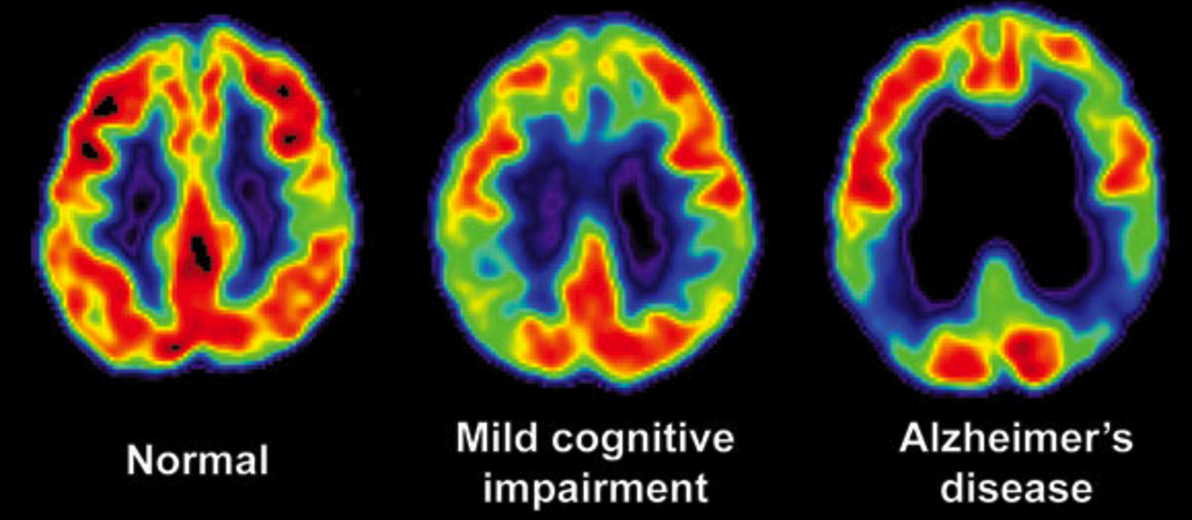Alzheimer’s Disease, could it be linked to low Vitamin D?

 While vitamin D levels in the US population have decreased, rates of Alzheimer's disease (AD) have increased,
While vitamin D levels in the US population have decreased, rates of Alzheimer's disease (AD) have increased,
and accumulating evidence points to a link between the two.
Research published in Neurology aimed to determine whether there is an association between genetically decreased vitamin D levels and AD risk.
Numerous studies have found a connection between low vitamin D and increased AD risk.
A 2015 meta-analysis of 10 studies found a 21% greater risk of AD in individuals with vitamin D insufficiency, defined as 25-hydroxyvitamin D (25(OH)D) level < 50 nmol/L, compared to those with levels above that mark. The nature of the relationship is unclear, however, in part because studies on the topic have been observational and thus more susceptible to bias.
The authors of the current research note the importance of clarifying the association, as vitamin D levels can be restored with supplementation and may prove to be a worthy treatment target in AD. “This is clinically relevant since vitamin D insufficiency is common and correctable,” said study co-author Brent Richards, MD, MSC, an associate professor in the Departments of Medicine, Human Genetics, Epidemiology, and Biostatistics at McGill University in Montreal.
Dr Richards and colleagues “undertook a Mendelian randomization study, which is a study design that minimizes confounding due to bias and eliminates reverse causation,”he told Neurology Advisor.
They used single nucleotide polymorphisms (SNPs) from a genome-wide association study (GWAS) on vitamin D that included nearly 34,000 subjects, as well as statistics from a GWAS for AD that included 17,008 cases and 37,154 control subjects.
- All 4 of the SNPs that were identified as genome-wide significant for 25(OH)D were found to be in or close to genes within the vitamin D pathway, and the SNPs combined accounted for 2.44% of the variance in natural log-transformed 25(OH)D.
 The Mendelian randomization analyses showed that a 1-SD reduction in natural log-transformed 25(OH)D increased the risk of AD by 25% (odds ratio 1.25, 95% confidence interval, 1.03– 1.51, P= .021). “The genetic score including all 4 25(oH)D SNPs had 100% power to detect an effect of a 25% increase in the odds of AD,” the authors reported.
The Mendelian randomization analyses showed that a 1-SD reduction in natural log-transformed 25(OH)D increased the risk of AD by 25% (odds ratio 1.25, 95% confidence interval, 1.03– 1.51, P= .021). “The genetic score including all 4 25(oH)D SNPs had 100% power to detect an effect of a 25% increase in the odds of AD,” the authors reported.
- These findings support a causal relationship between vitamin D and AD risk.
One limitation of the current research pertains to the case-control design used by the Alzheimer's Disease GWAS, which meant the researchers could not determine whether vitamin D influences the course of AD or the 25(OH)D threshold level at which AD risk is reduced.
The focus of future research would be “ideally a large-scale randomized controlled trial that tests the effect of vitamin D supplementation on the risk of AD over a long period of time,” said Dr Richards. The present findings, in combination with those from prior observational research, provide a solid rationale for such randomized trials.


